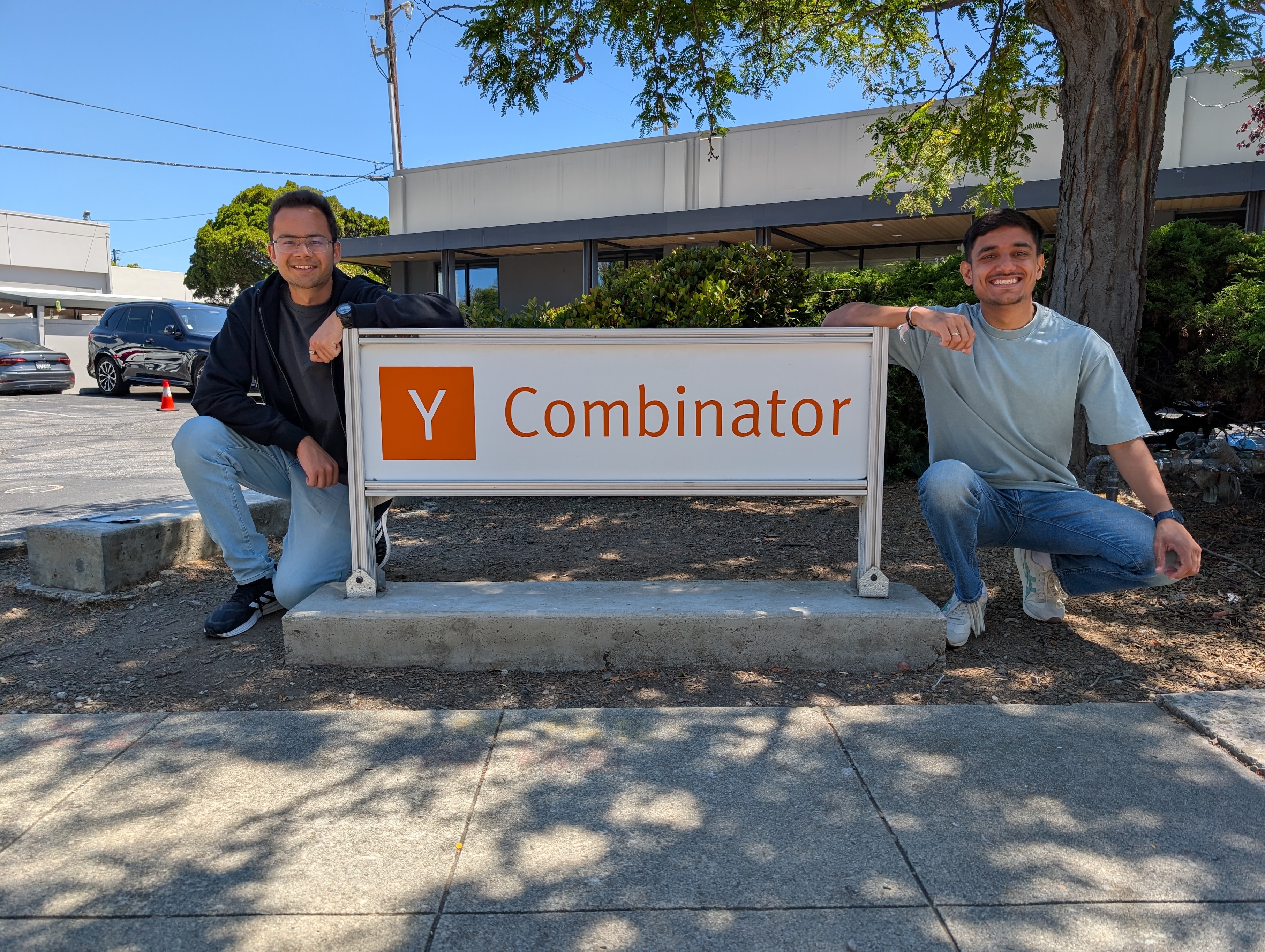In today's increasingly globalized workplace, companies need reliable solutions for managing international talent.
Managing international talent requires reliable solutions in today's increasingly globalized workplace. Deel and Ontop have emerged as leading platforms enabling businesses to hire, pay, and manage employees and contractors worldwide. Both services aim to simplify global employment but differ significantly in their approaches, features, pricing structures, and overall user experience.
What Makes Global Payroll Platforms Essential
The complexity of managing international workforces continues to challenge businesses of all sizes. Global payroll platforms have become indispensable tools for companies expanding beyond borders, offering solutions to navigate compliance, payment processing, and workforce management. These platforms eliminate traditional barriers to international hiring by automating complex processes and ensuring regulatory compliance across multiple jurisdictions.
Modern businesses need comprehensive solutions that address not only basic payment processing but also compliance with local labor laws, tax regulations, and data protection requirements. The right platform can transform international hiring from a logistical nightmare into a strategic advantage, allowing companies to access global talent pools without establishing legal entities in every country of operation.
Key Challenges in Global Workforce Management
Managing a global workforce presents unique obstacles that specialized platforms aim to solve. Companies face intricate compliance requirements that vary dramatically between countries, with penalties for non-compliance potentially resulting in significant financial and reputational damage.
Payment processing across borders introduces complications including currency conversion, banking regulations, and varying payment preferences among workers. Many businesses struggle with providing consistent employee experiences across different regions while respecting local customs and expectations.
Administrative burdens multiply with each additional country, creating inefficiencies that can overwhelm HR departments without proper technological support. The ideal global payroll solution addresses these challenges comprehensively while remaining cost-effective and user-friendly.
How Deel and Ontop Approach Global Payroll
Deel, established in 2019, has rapidly grown to serve over 35,000 companies including major corporations like Shopify, Dropbox, and Reddit. With entities in 150+ countries, Deel offers comprehensive solutions for global payroll, compliance, and HR management through owned infrastructure and direct employment capabilities.
Ontop, founded in 2020 with headquarters in Miami, focuses on streamlining hiring and payment processes across 150+ countries with particular strength in Latin American markets. Their approach relies more heavily on partnerships with local providers rather than owned entities, potentially offering specialized regional knowledge in certain markets.
These fundamental differences in operational approach create distinct advantages depending on business needs and priorities. Companies must evaluate which model better aligns with their specific requirements for international workforce management.
Platform Features That Matter Most
Both platforms offer extensive features designed to simplify global workforce management, though with different emphases:
- Deel's comprehensive toolkit: Built-in HRIS system, 68+ integrations with accounting and HR software, advanced global reporting capabilities
- Deel's automation features: Customizable reports, flexible payment scheduling, automatic payments across multiple currencies
- Deel's additional services: Background checks, equipment management, WeWork passes, and HR Slack plugins
- Ontop's streamlined approach: Focus on core functionality for hiring, onboarding, and paying international workers
- Ontop's financial services: Built-in digital wallet with Visa card, particularly beneficial for Latin American contractors
- Ontop's interactive tools: Employee cost calculators, talent budget calculators, and independent contractor agreement generators
Each platform's feature set reflects its underlying philosophy toward global workforce management. Deel takes an all-in-one approach that might appeal to companies wanting comprehensive HR functionality integrated into their payroll solution. Ontop offers a more focused solution that prioritizes simplicity and core payment functionality without additional features that could potentially complicate the user experience.
Why Compliance Frameworks Differ Between Platforms
Compliance with local labor laws remains one of the most critical considerations when managing an international workforce. Deel provides what it describes as "top-notch global compliance" with built-in features and in-house experts covering 150+ countries. Their Compliance Hub automatically alerts customers to new regulations and potential violations, offering proactive risk management through localized contracts for both EOR employees and contractors.
Ontop claims to provide "the best compliance at all tiers without additional costs," suggesting Deel offers different quality levels of compliance at varying price points. This represents a fundamental philosophical difference between the platforms: Deel positions itself as compliance-first with premium services, while Ontop markets itself as delivering adequate compliance at better value.
The optimal approach depends largely on your company's risk tolerance and regulatory environment. Businesses operating in highly regulated industries might benefit from Deel's comprehensive compliance infrastructure despite higher costs. Companies primarily concerned with basic compliance in mainstream markets might find Ontop's approach sufficient and more cost-effective.
How Geographic Coverage Impacts Service Quality
Both platforms advertise extensive global coverage but implement their services differently across regions. Deel maintains 150+ entities with owned infrastructure, providing direct employment capabilities across those jurisdictions. This model gives Deel complete control over its operations in each country, potentially enabling more consistent service quality and deeper local expertise.
Ontop also claims to operate in more than 150 countries but relies more heavily on partnerships rather than owned entities. This "aggregator" approach means Ontop depends on local partners for services in many countries, with particular strength in Latin America where it maintains especially deep regional expertise.
The distinction between owned entities versus partnerships creates meaningful differences in service delivery:
- Direct ownership advantages: Better employee experiences, stronger data security, more customization options
- Partnership model benefits: Specialized regional knowledge, potentially lower costs, flexibility to adapt to local markets
- Consideration factors: Geographic distribution of your workforce, importance of standardized global processes, regional priorities
How Pricing Structures Compare Between Platforms
Pricing represents one of the most substantial differences between these platforms. Deel's pricing model is more complex and generally higher, starting at approximately $599 per month per EOR employee, with additional costs for different service tiers and features. While Deel doesn't prominently display its pricing structure, competitors claim its pricing can be difficult to understand with potential for additional costs beyond the base fees.
Ontop advertises significantly lower starting prices, with EOR services beginning at $209 per employee per month-less than half of Deel's starting price. For contractors, Ontop offers a Starter plan at $29 per month for businesses with 10 or fewer contractors, plus a Custom plan with tailored pricing for larger contractor workforces. Their emphasis on transparency and simplicity in pricing appeals particularly to startups and small businesses with limited budgets.
The value equation extends beyond base pricing to include included features and additional costs. Deel charges for some premium compliance features but includes an HRIS system at no additional cost. Ontop provides high-quality compliance across all tiers without additional fees, potentially offering better overall value for companies with straightforward needs.
Support Services That Enhance User Experience
Customer support quality significantly impacts satisfaction with global payroll platforms. Deel offers comprehensive, multi-channel support with a team distributed across 49 countries. Their support options include 24/7 in-app chat for both employers and workers, email, WhatsApp, phone, call-back requests, video calls, and Slack for enterprise customers.
Ontop's support services appear more limited by comparison, focusing primarily on chat support. However, Ontop claims to provide "more centered support highly qualified and faster support team" with dedicated customer success specialists for larger companies. They emphasize the ability to communicate with other teams within an organization to provide faster solutions.
Independent reviews suggest a mixed reality regarding support quality:
- Deel's support metrics: 91% of customer issues resolved at first contact with live chat, 6-minute resolution time for most issues
- Ontop's support strengths: Dedicated success specialists, team-based approach to problem-solving
- Potential limitations: Response times outside business hours, availability of specialized expertise
What Security Measures Protect Your Data
Security capabilities represent a crucial consideration as global payroll platforms handle sensitive employee information and financial data. Deel emphasizes robust security measures, highlighting compliance with SOC 1, 2, and 3 standards, ISO27001 certification, and GDPR requirements. These internationally recognized certifications demonstrate Deel's commitment to maintaining rigorous information security protocols across their owned infrastructure.
Competitive materials suggest Ontop may have less comprehensive security measures, with claims that Ontop "lacks basic security measures" and "may not be operating securely." However, independent assessments indicate Ontop does maintain standard security practices for financial technology platforms, including encryption and fraud protection for transactions.
Businesses should evaluate each platform's security capabilities against their specific regulatory requirements and risk management policies. Key considerations include data storage locations, access controls, encryption standards, audit procedures, and incident response protocols that align with your organization's security needs.
Worker Experience Factors That Drive Satisfaction
The experience of employees and contractors using these platforms significantly impacts workforce satisfaction and retention. Deel emphasizes creating a consistent global employee experience through owned infrastructure and standardized processes. The platform offers 15+ payment methods and provides features like Earned Wage Access for employees and advance payments for contractors.
Ontop differentiates itself through built-in financial services that reportedly make it "preferred by workers all over the world especially in Latin America." The platform emphasizes its contractor payment capabilities, with contractors receiving funds in USD through an Ontop digital wallet that includes a Visa card. This approach provides immediate access to funds but requires contractors to use Ontop's wallet rather than receiving direct bank deposits.
Both platforms handle tax documentation and compliance requirements for workers, removing administrative burdens for both employers and contractors. The optimal platform from a worker perspective depends largely on:
- Payment preferences: Traditional bank deposits versus digital wallet solutions
- Currency considerations: Local currency needs versus USD stability
- Geographic factors: Regional strengths of each platform, particularly Ontop's Latin American focus
- User interface: Ease of accessing payment information, submitting documentation, and managing tax compliance
How To Choose The Right Global Payroll Platform
Selecting the optimal platform requires careful evaluation of your specific business needs and priorities. Start by assessing your current and future geographic distribution of workers, focusing particularly on regions where you anticipate significant growth. Consider the complexity of your compliance requirements based on industry regulations and risk tolerance.
Budget constraints naturally play a major role in platform selection, but consider the total cost of ownership rather than just base pricing. Factor in the value of included features, potential need for additional HR software, and administrative time savings when calculating the true cost comparison between platforms.
Scalability needs should influence your decision based on growth projections and potential changes to your international workforce strategy. Deel's comprehensive infrastructure may provide more seamless scaling for rapidly growing companies, while Ontop's lower initial costs might better serve businesses with more gradual growth trajectories.
Best Practices for Implementation Success
Successful implementation of either platform requires thoughtful planning and execution. Follow these proven strategies to maximize value and minimize disruption:
- Conduct a thorough needs assessment before selection, documenting specific requirements for compliance, payment methods, and regional coverage.
- Involve stakeholders from finance, HR, legal, and operations in the selection process to ensure all perspectives are considered.
- Request detailed demos focused on your specific use cases rather than generic platform overviews.
- Develop a phased implementation plan starting with a small group of workers before full deployment.
- Create clear communication materials for both internal teams and contractors explaining the transition process.
Making Your Global Payroll Decision
After analyzing both platforms across multiple dimensions, it's clear that Deel and Ontop represent different approaches to solving global workforce management challenges. Deel offers a comprehensive, premium solution with extensive compliance infrastructure, owned entities across 150+ countries, numerous integrations, and multi-channel support. Its higher pricing reflects this full-service approach.
Ontop provides a more streamlined, cost-efficient platform with particular strengths in Latin America, built-in financial services, and a focus on core hiring and payment functionalities. Their lower pricing and simplified approach may appeal particularly to startups and SMBs with straightforward needs and budget constraints.
The optimal choice depends on your specific business requirements, geographic distribution of workers, compliance needs, and available resources. Many organizations find success by starting with one platform and migrating to another as their needs evolve-a strategy worth considering as international workforce requirements continue to develop.
Key Factors For Your Final Decision
Your final platform selection should consider these critical factors that will impact long-term satisfaction:
- Growth trajectory: How rapidly your international workforce will expand
- Regional priorities: Where most of your workers are located, particularly Latin America versus other regions
- Feature requirements: Need for comprehensive HR functionality versus focused payment processing
- Budget constraints: Available resources for global workforce management
- Risk tolerance: Comfort level with compliance approaches and security measures
- Worker preferences: Payment methods and user experience priorities among your contractors
The right platform will align with your specific needs while providing room for growth and adaptation as your business evolves. Take time to thoroughly evaluate both options through demos, references, and detailed discussions about your specific use cases before making this important decision.
Simplify Startup Finances Today
Take the stress out of bookkeeping, taxes, and tax credits with Fondo’s all-in-one accounting platform built for startups. Start saving time and money with our expert-backed solutions.
Get Started









.png)









